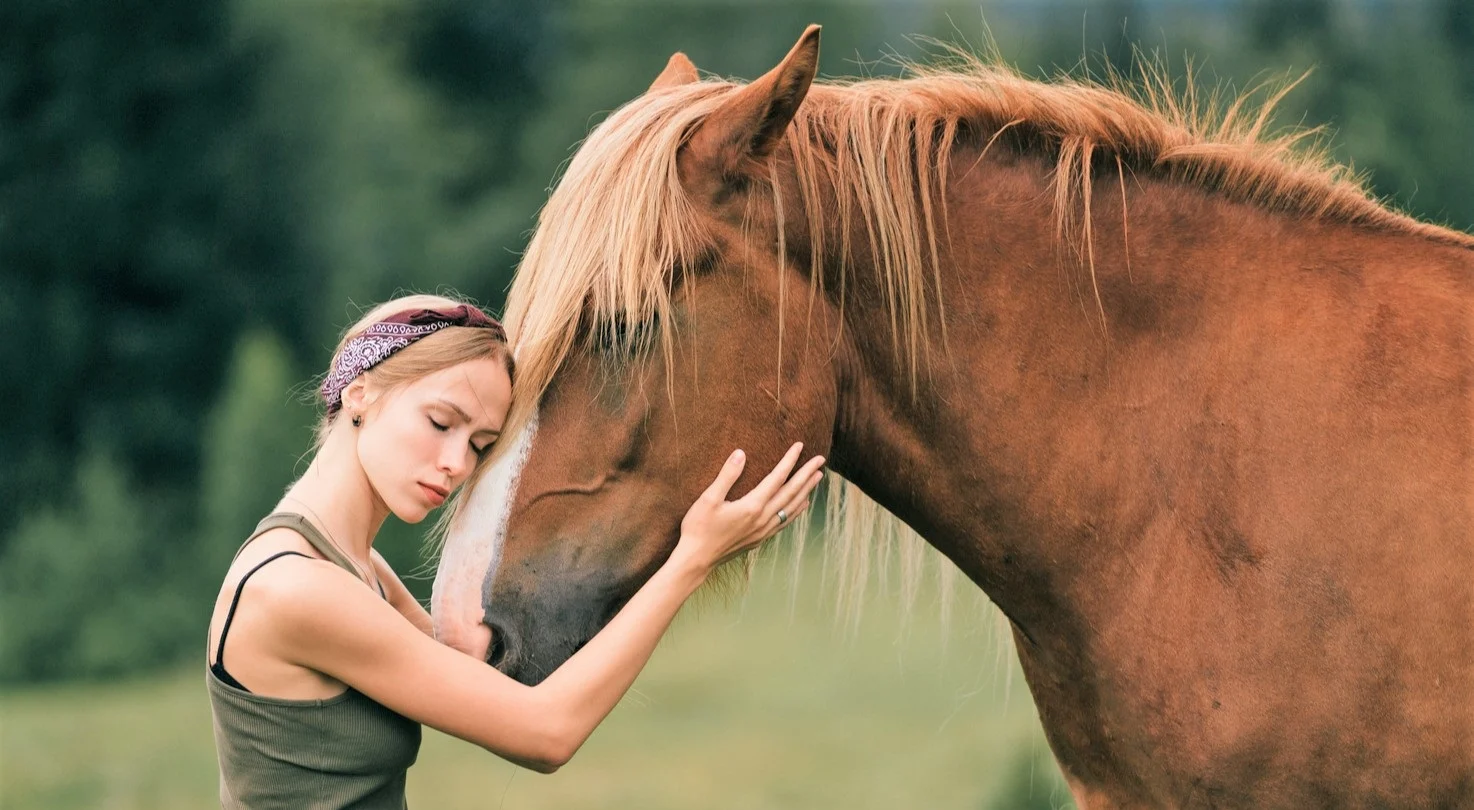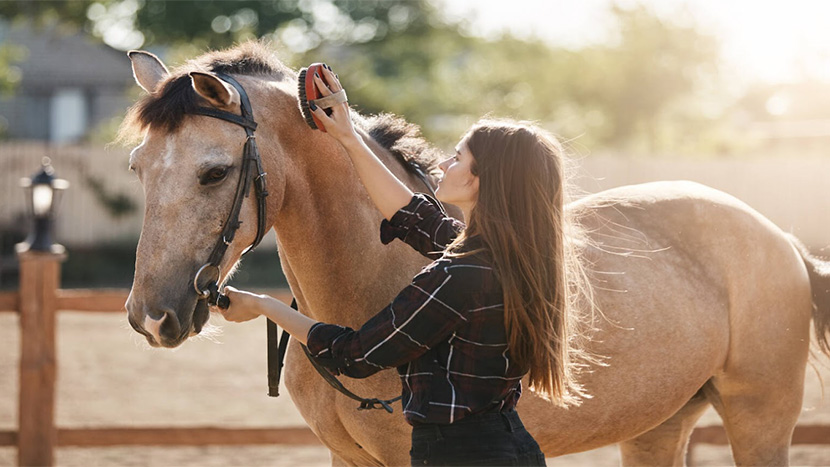Caring for senior horses requires a deep understanding of their changing needs. Establishing a solid daily routine for senior horses is crucial for their health and happiness. As horses age, their needs change significantly, and as responsible caretakers, we must adapt our care to meet these new requirements.
In this article, we will explore the various elements that go into creating an ideal daily routine for senior horses. We will cover dietary needs, exercise regimens, grooming practices, and mental well-being strategies. By the end of this piece, you will have a comprehensive understanding of how to optimize the quality of life for your senior equine companions.

Understanding the Needs of Senior Horses
Before we delve into specific routines, it’s important to understand what changes occur as horses age. Senior horses, typically those over the age of 15, often experience a decline in dental health, digestive efficiency, and muscle tone. These changes necessitate adjustments in their care.
Dental Health Concerns
A key concern for senior horses is dental health. As they age, horses may develop issues like loose teeth or uneven wear, which can affect their ability to chew and digest food properly. Regular dental check-ups are essential to prevent complications. For more details on this topic, consider visiting our article on horse dental exams.
Dietary Adjustments
The diet of a senior horse needs to be rich in fiber and easy to chew. As their teeth wear down, they may struggle with rough hay or hard grains. Consider incorporating senior-specific feeds that are designed to be more digestible and provide essential nutrients.
Exercise and Mobility
Maintaining mobility is crucial for senior horses. Appropriate exercise helps prevent stiffness and maintains muscle tone. Tailor exercises to the horse’s capabilities, ensuring they are gentle yet effective.
Crafting the Ideal Daily Routine
Now that we’ve covered the basic needs of senior horses, let’s look at how to incorporate these elements into a daily routine that promotes health and happiness.
Morning Care
The day should begin with a gentle grooming session. This not only helps in maintaining the horse’s coat but also serves as an opportunity to check for any physical changes or injuries. Use soft brushes to avoid irritating sensitive skin.
Feeding Schedule
A balanced diet is crucial. Offer small, frequent meals that are easy to chew. In the morning, provide a portion of senior feed and fresh water. Midday, offer a hay net filled with softer hay varieties.
Midday Exercise
During midday, engage your horse in light exercise. This could include a short walk or a slow trot in a controlled environment. Exercise should never be strenuous, as the goal is to maintain mobility without causing strain.
Afternoon Rest and Monitoring
After exercise, allow your horse time to rest. This is also a good time to monitor their behavior and appetite. Any changes could indicate a potential health issue that needs addressing.
Evening Feeding and Wind-Down
The evening meal should be similar to the morning feed. This consistency helps in maintaining digestive health. After feeding, ensure that the horse’s stable is clean and comfortable, promoting a restful night’s sleep.
Enhancing Mental Well-being
A happy horse is a healthy horse. Mental stimulation is just as important as physical care. Engage your horse’s mind with interactive toys or puzzles. Social interaction with other horses can also greatly enhance their quality of life.
Socialization
Whenever possible, allow your horse to interact with other horses. This social time can help alleviate feelings of isolation and keep their spirits high.
Environmental Enrichment
Introduce new elements into their environment to keep their minds active. This could include new textures, scents, or objects that they can investigate safely.
Regular Health Check-ups
Regular veterinary visits are essential for catching any health issues early. A vet can provide insights into necessary dietary changes, exercise modifications, and potential health concerns.
For an in-depth look at how to care for senior horses, including best practices, you can refer to senior horse best practices.
Conclusion
Creating a daily routine for senior horses is about understanding and adapting to their evolving needs. With careful attention to diet, exercise, mental stimulation, and health monitoring, you can ensure your equine companion enjoys their golden years in comfort and happiness.
For additional resources on caring for senior horses, you may find this external guide helpful.

FAQ
How often should a senior horse be fed?
Senior horses benefit from small, frequent meals throughout the day to aid digestion and provide a constant source of nutrients.
What type of exercise is best for senior horses?
Gentle, low-impact exercises like walking or light trotting are ideal for maintaining mobility without overstraining the horse.
How can I ensure my senior horse’s mental well-being?
Engage your horse with interactive toys, socialization opportunities, and environmental enrichment to keep their mind active and happy.
This article contains affiliate links. We may earn a commission at no extra cost to you.
